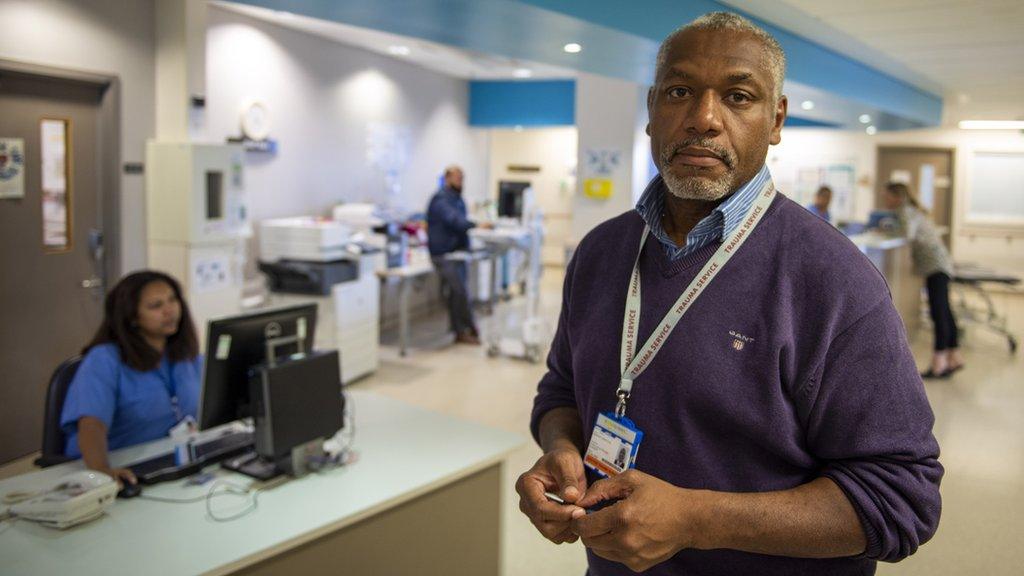Life-saving bleed kits should be widely available - trauma surgeon
- Published
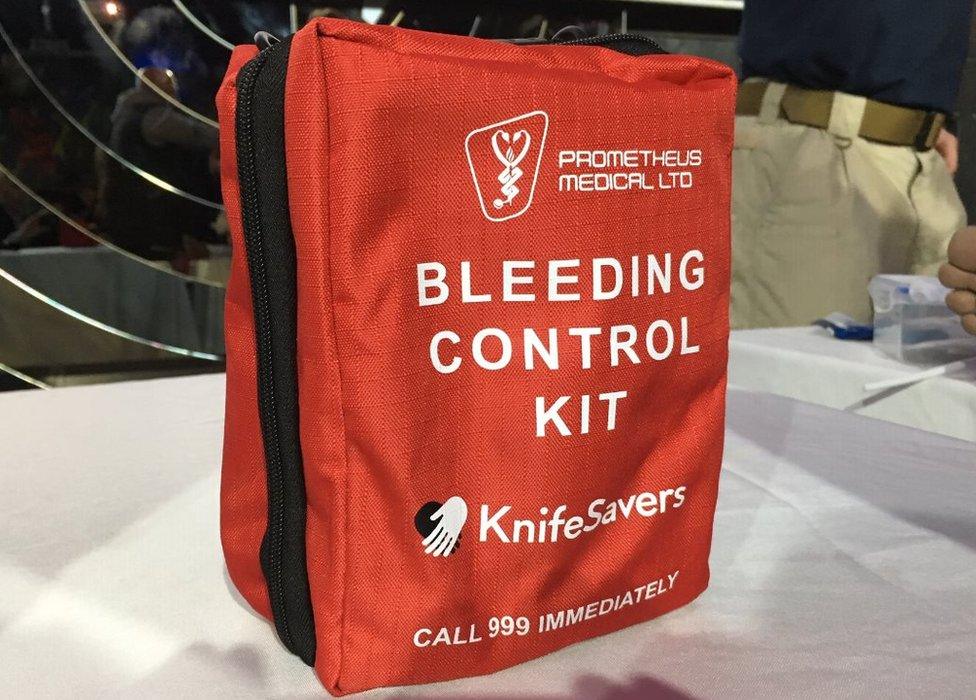
The kits contain first aid items including dressings, scissors and gloves
A London surgeon who treats knife and gun crime victims says bleed control kits should be made widely available.
Martin Griffiths, who works in the trauma unit at Royal London Hospital, said people were "literally bleeding to death on the streets".
He said young people also need to be trained to help save their friends' lives after a stabbing.
Bleed control kits are similar to first aid kits, and contain a tourniquet, bandages and a foil blanket.
Mr Griffiths said the kits needed to be rolled out the same way defibrillator kits had been installed in public places.
So far this year, there has been a total of 44 fatal knife attacks in London. In 2021, there were 79 fatal stabbings.
His calls follow a study led by Queen Mary University London which found an increasing number of stabbing victims were sustaining injuries to their limbs, rather than their torso, and also at junctions of their body, such as armpits.
Such injuries caused victims to haemorrhage and many died before an ambulances reached them reach them, Mr Griffiths said.
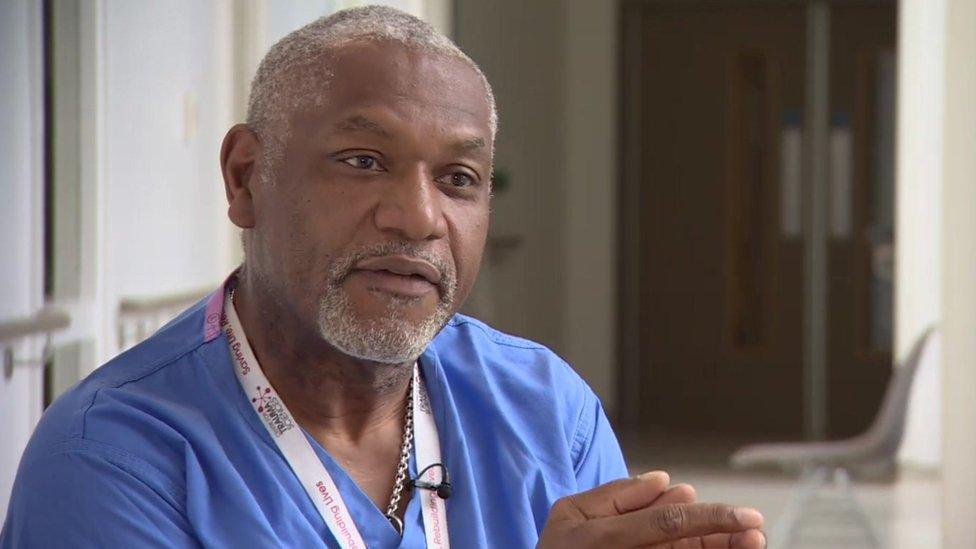
Mr Griffiths said the kits needed to be rolled out the same way defibrillator kits have been installed in public places
The research, which involved 4,000 trauma patients, "tells us a very clear story about the nature of knife crime in London", he added.
"The data is telling us a very simple story. That young people in London are bleeding to death from knife wounds and we need to stop it.
"The brutality of the injuries we're seeing, the number of injuries, the number of assailants, the severity of the injures is changing."
Mr Griffiths, who is also a national clinical director for violence reduction for NHS England, believes children need to be trained in schools to use bleed control kits, and also to stem the flow of blood in victims with items such as belts.
"Every second is important," he said.
Birmingham became the first UK city to see the kits installed, after a campaign by Lynn Baird, whose son Daniel was fatally stabbed on a night out in Digbeth in 2017.
The City of London Police also installed more than 300 kits at night time venues in the Square Mile in 2019.
The first aid kits are being installed in memory of Liam Taylor
Julie Taylor also raised money for a kit in Hornchurch, east London, after her teenage grandson was stabbed to death in January 2020.
London's mayor Sadiq Khan said the Met Police was considering whether widespread use of the kits would be "appropriate".

Follow BBC London on Facebook, external, Twitter , externaland Instagram, external. Send your story ideas to hellobbclondon@bbc.co.uk, external
Related topics
- Published13 May 2022
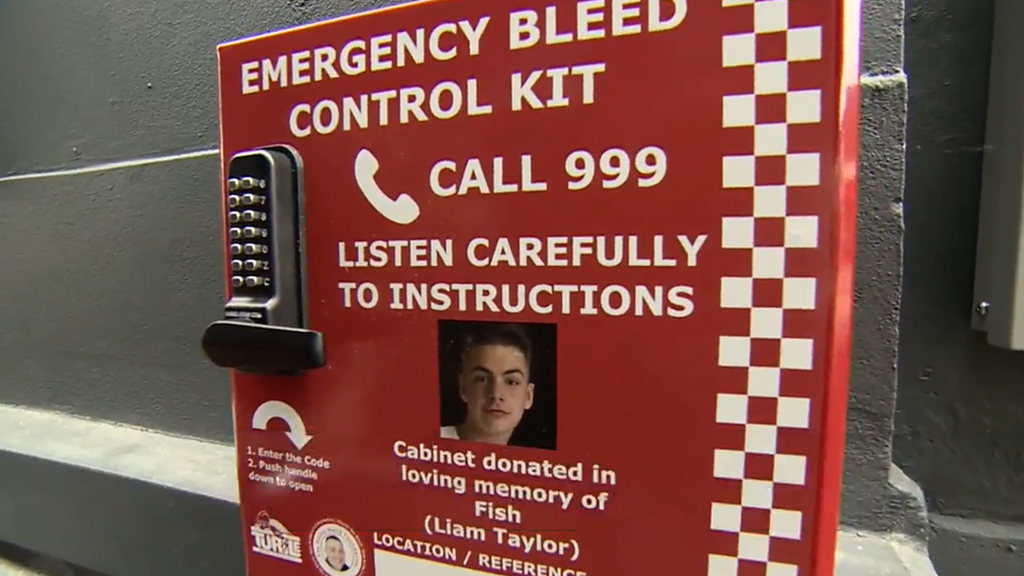
- Published31 December 2021
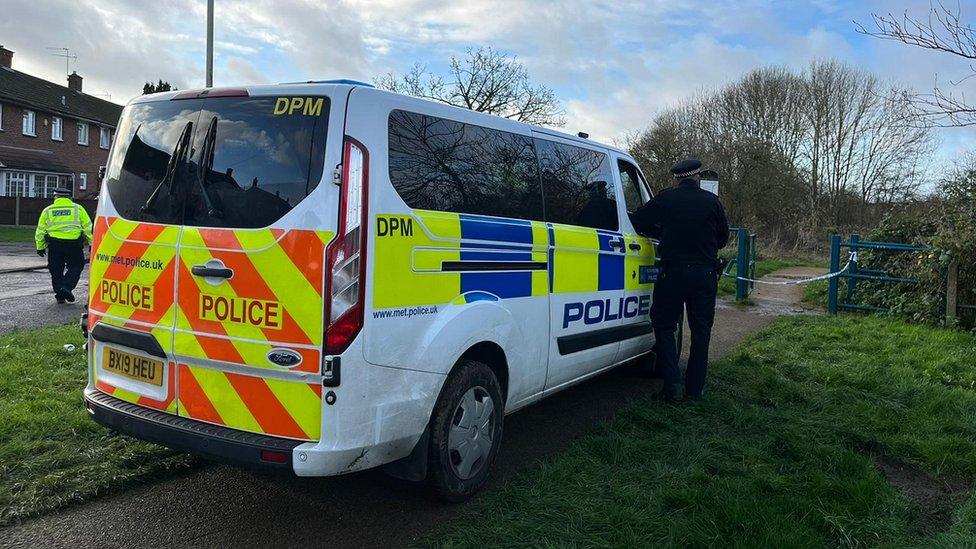
- Published20 September 2022
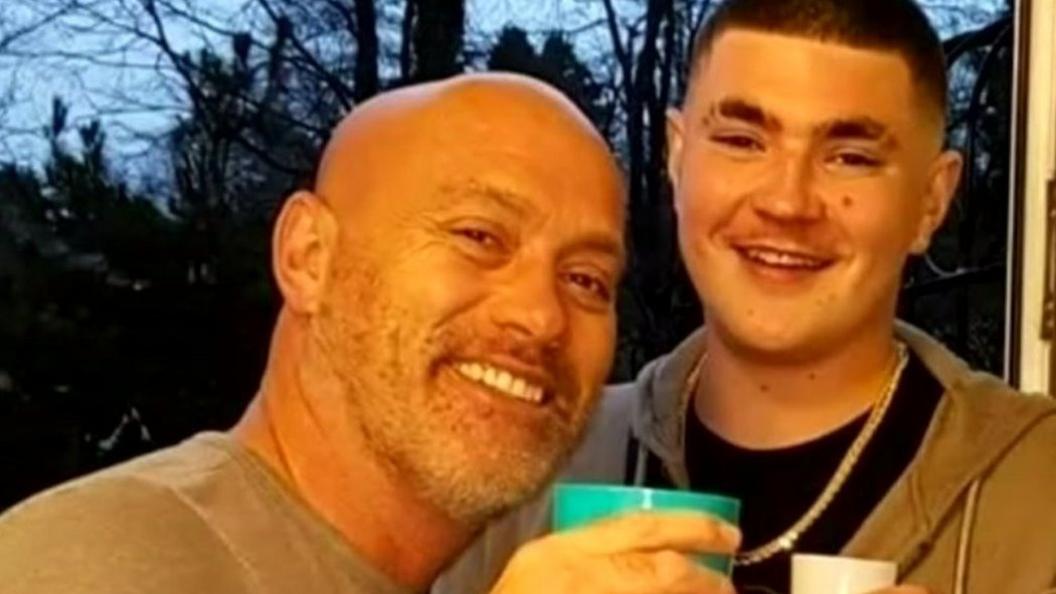
- Published13 July 2022
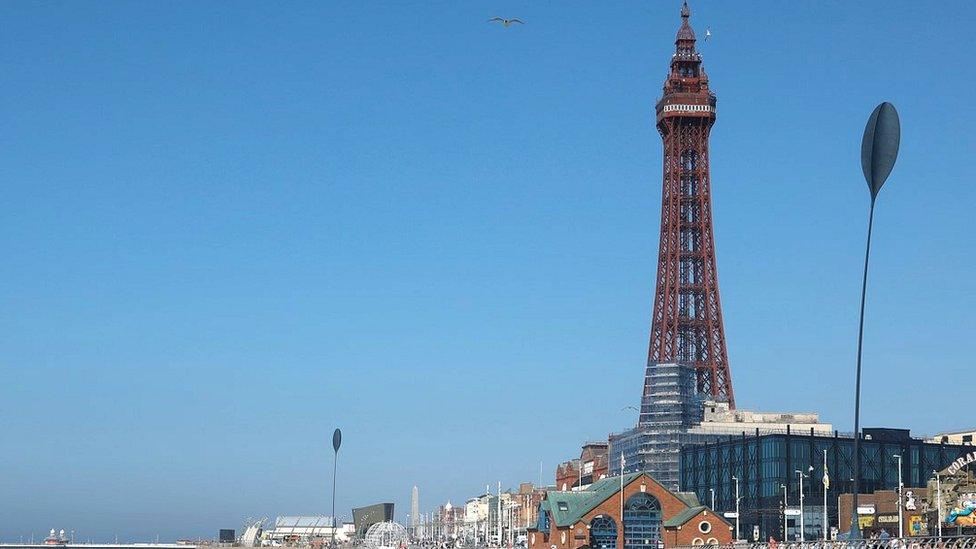
- Published31 December 2021
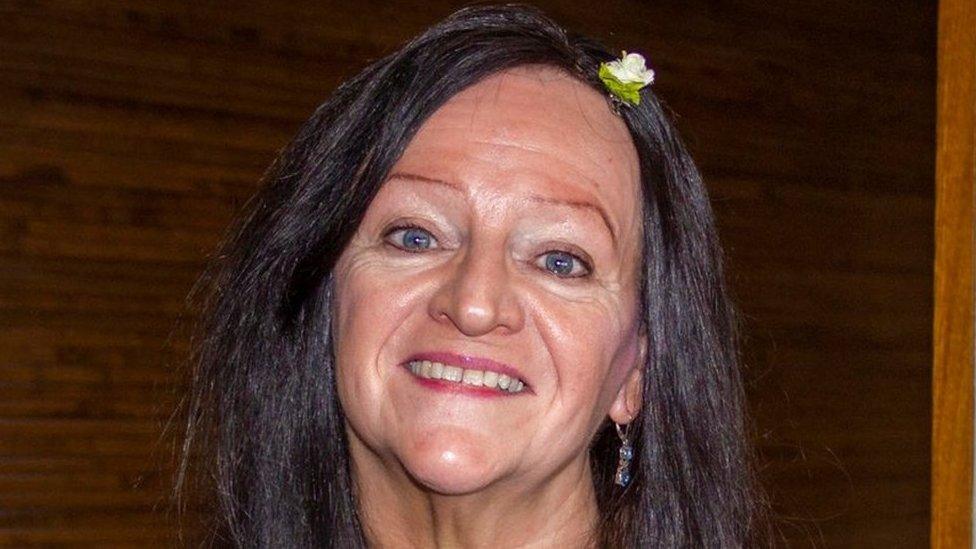
- Published4 June 2019
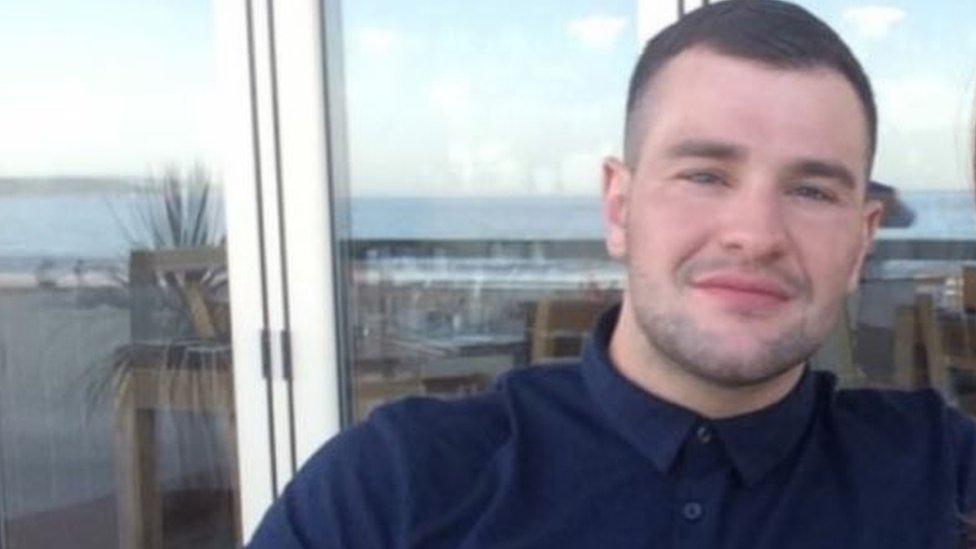
- Published18 November 2019

- Published15 August 2022
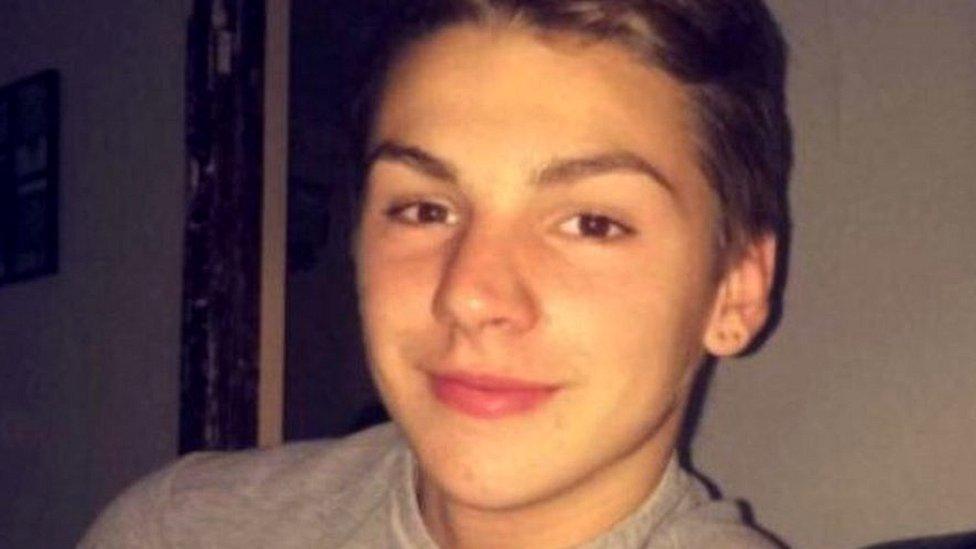
- Published30 September 2022
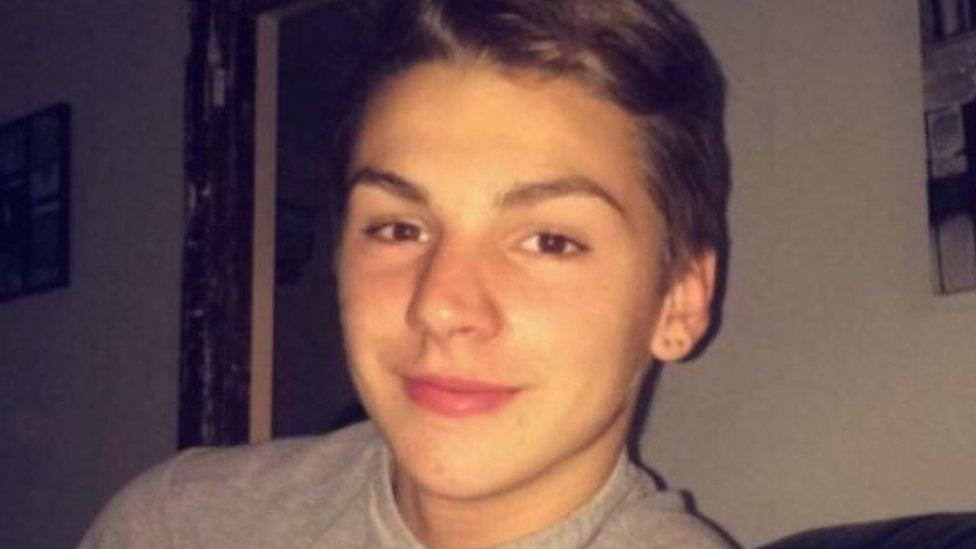
- Published8 October 2019
